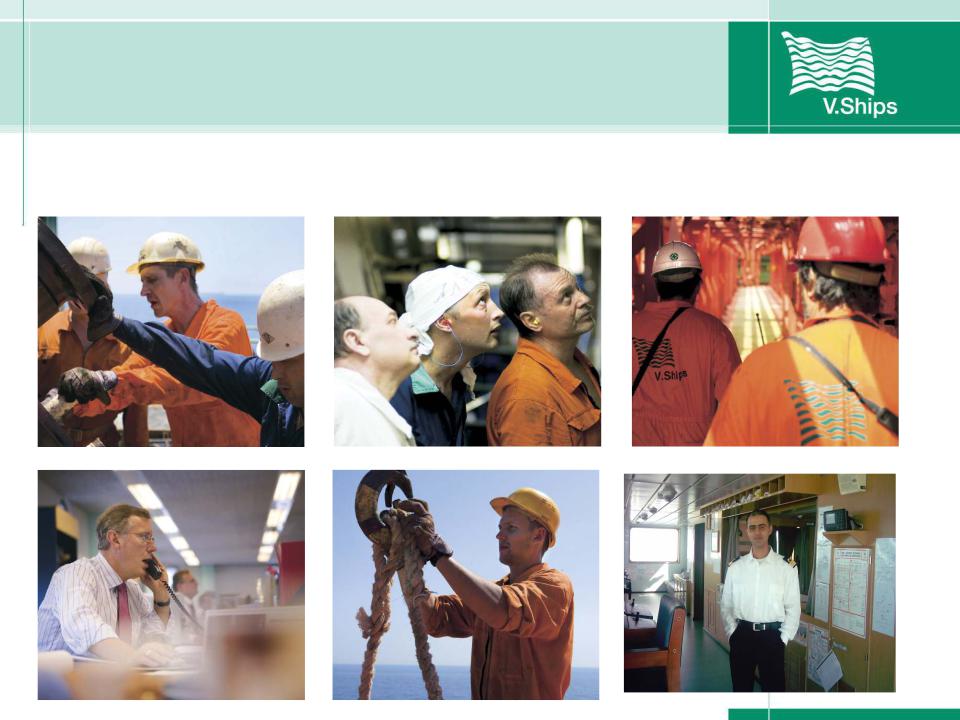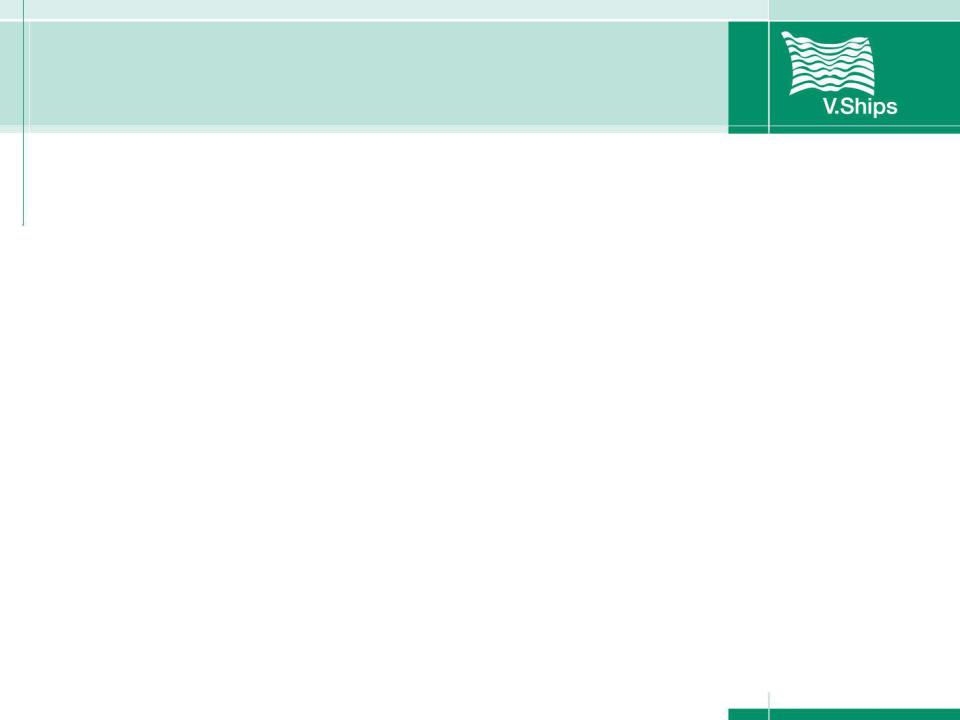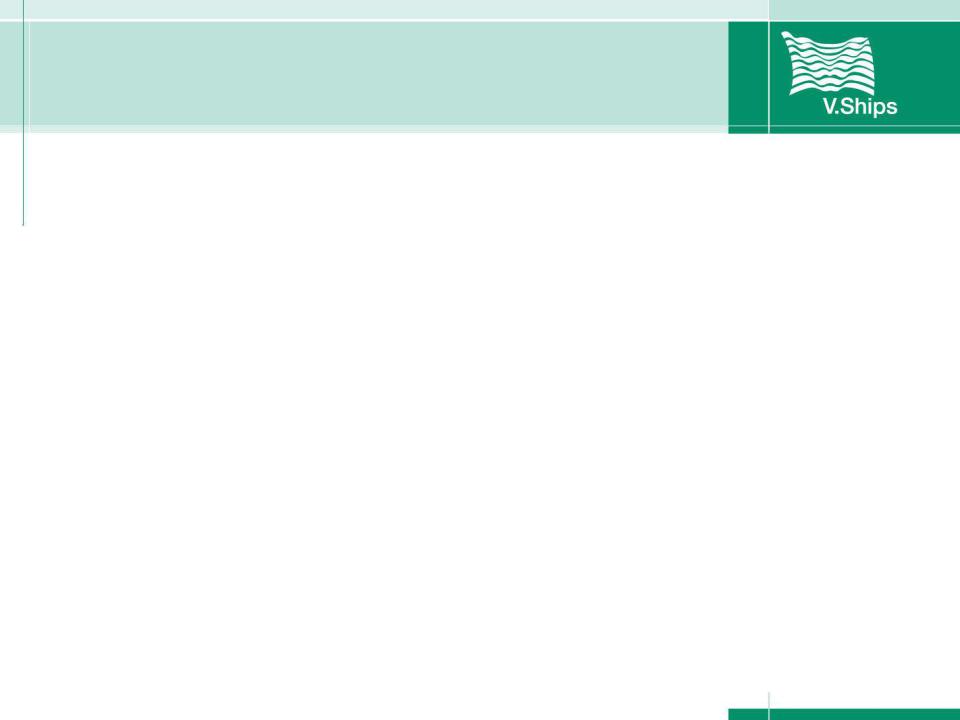
Chemical Tankers / Day 2 / Day 2 Topic 3 Chemical Tanker Regs
.pdf
Chemical Training

Chemical Tanker Regulations
(Tripartite Agreement & IBC Code)

3.1 The IMO Tripartite Agreement
All non-oil cargoes carried in bulk are classified by the IMO and/or the vessel’s Flag State.
The carriage requirements for a product are then determined by these entities using the guidelines set out by GESAMP and the IMO.

3.1 The IMO Tripartite Agreement
GESAMP – Group of Experts on the Scientific Aspects of Marine Environmental Protection.
If regulated by the IBC Code, those cargoes must be authorized for carriage on that particular ship and listed on the ship’s Certificate of
Fitness (COF)

3.1 The IMO Tripartite Agreement
The bulk carriage of any liquid product other than those defined as oil (subject to MARPOL Annex I) is prohibited unless the product has been evaluated and categorized for inclusion in Chapter 17 or 18 of the IBC Code.

3.1 The IMO Tripartite Agreement
Because new products are continually being created and proposed for carriage onboard of chemical tanker a mechanism has been created to provisionally classify these cargoes under the IMO guidelines.
This mechanism is called the Tripartite Agreement.

3.1 The IMO Tripartite Agreement
If the carriage requirements for a cargo cannot be found in the IBC Code, a Tripartite Agreement is initiated between:
•1. The port state of the shipper;
•2. The flag state of the carrier;
•3.The port state receiving the cargo;

3.1 The IMO Tripartite Agreement
If a Tripartite Agreement is completed it is then included in the “Provisional Categorization of Liquid Substances” (also known as the MEPC.2 Circular).
An updated circular is published every December. A circular MEPC.2/Circ. 14 is now in force since 17th of December 2008.

3.1 The IMO Tripartite Agreement
The initiator of the Tripartite Agreement has 3 years in which to
provide all the required data to formally classify a substance.
It’s not acceptable to repeatedly initiate new Tripartite Agreements
for the same product.

3.1 The IMO Tripartite Agreement
When there is a need to transport a bulk liquid cargo that has not been classified, the shippers have to go to their Administration and request that a Tripartite Agreement be established between the shipping country, the receiving country and the ship’s Flag State.
